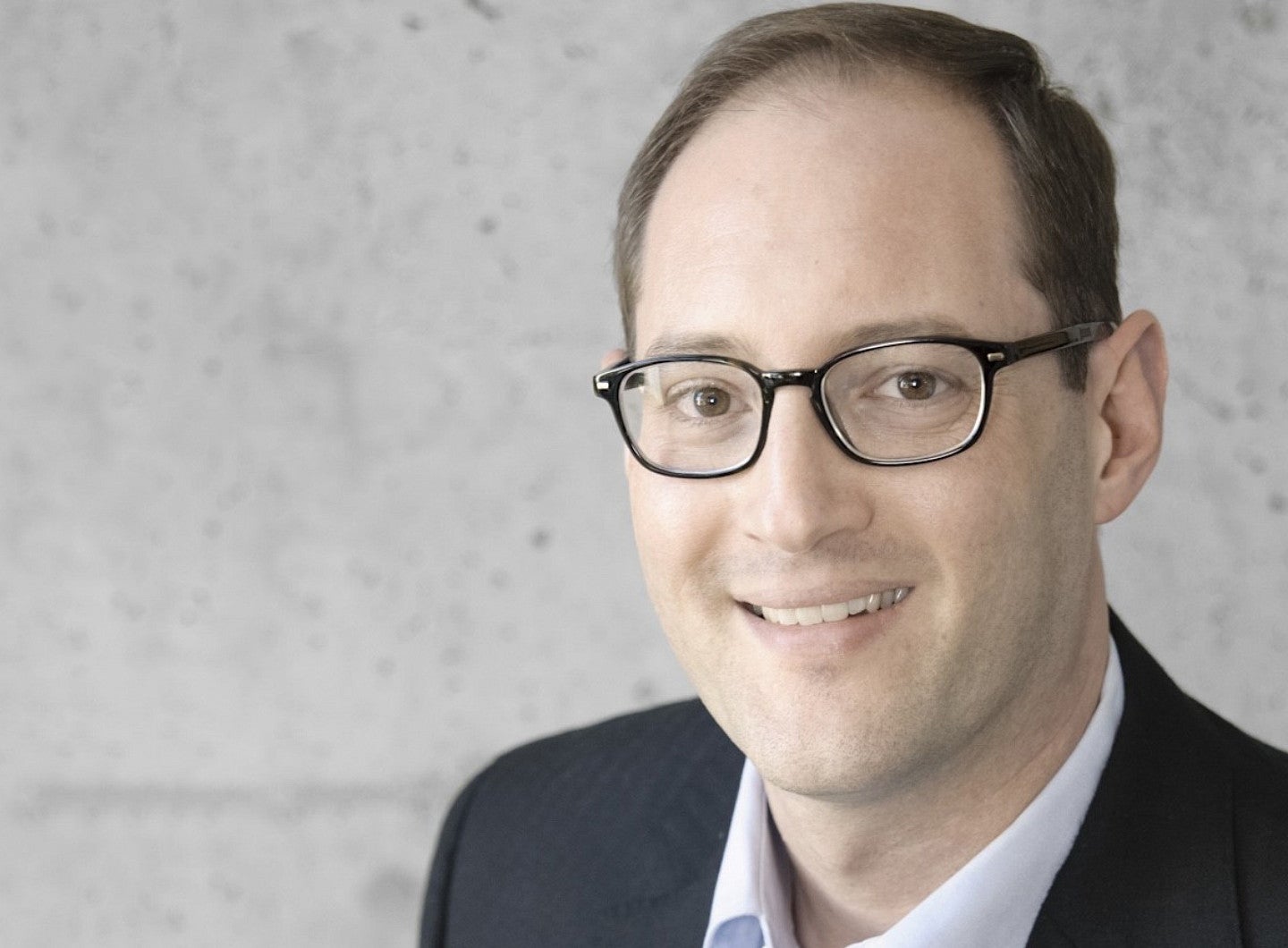PI: Elliot Berkman of Psychology
The United States has seen a decline in cigarette smoking over the past decade, but the activity is still common in some groups, including low-income and rural Americans. While there are many techniques to help people stop smoking, many smokers who want to quit don’t find current methods effective or affordable.
Elliot Berkman, professor of psychology and director of the Social and Affective Neuroscience Laboratory, hopes to find more effective ways to help Americans quit smoking through a $2.965 million grant from the National Institutes of Health. Berkman will compare a program that asks smokers to visualize their lives without smoking to methods of emotional regulation and values affirmation. In these active control conditions, smokers think about a stimulus that reduces the craving for a cigarette, or they reflect on a core value that connects to quitting.
Berkman’s study focuses on low-income smokers between the ages of 25 and 55 who have tried many times to quit smoking. His team is developing and testing various messages that could help people quit and stay committed to not smoking. The team will assess messages for how effective they are on average and for specific types of individuals.
Using insight from psychology and neuroscience, Berkman and his colleagues in the UO psychology department’s Center for Translational Neuroscience are striving to create tools that can make an impact on society. Berkman is particularly interested in self-control, especially when it comes to behaviors like smoking, which are linked to preventable cancers. He explains: “Humans are unique among animals in our ability to make elaborate plans for the future, and yet we fail in most of our goals.”
Using the knowledge gained from this study, Berkman and his lab members plan to build an automated system that delivers customized messages to individual smokers. With an additional goal of accessibility, their hope is to offer the intervention program at low cost to smokers.

